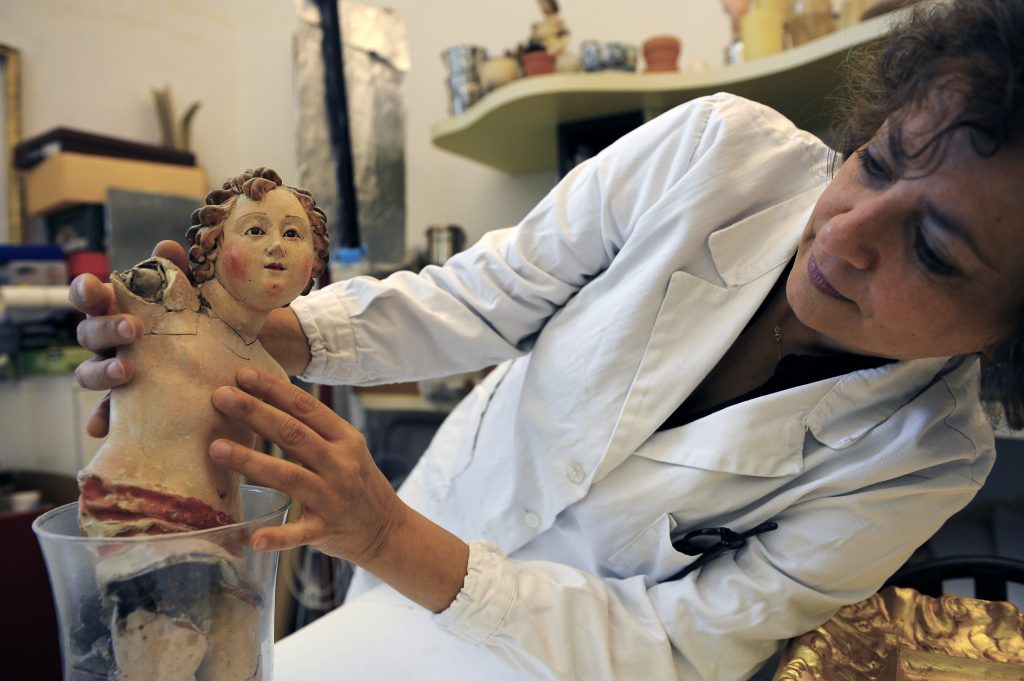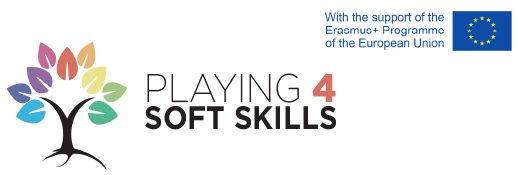Once upon a time there was a donkey sitting in the lobby of a university…
It could be the beginning of the fairy tale of Maurizio Cattelan, an artist who deserves an honorary degree in sociology by the University of Trento with the installation of a taxidermized donkey.
In his speech he will talk about images and the value of diversity:
” The best images are like so many little towers of Babel that mysteriously remain standing: they tremble perhaps, but they do not collapse. From the images I learned something about the world: I learned to accept everything. And most importantly, I’ve learned not to underestimate anyone. I certainly cannot enlighten you on our society: you know much more about it. Yet I can testify that there is no person who is unable to change your life”.
Enhancing and respecting diversity is one of the most important objectives to be pursued globally, both from an environmental and social point of view, as expected by the UN with the 2030 Agenda for Sustainable Development, and as a starting point for the resolution of the current socio-health crisis.
People are an integral part of the environment system, and the current crisis shows that.
The world’s population continues to grow and move at an impressive rate and the impact of human activities is manifested by climate change, causing the loss of biodiversity. John Knox, an expert on Environmental Human Rights, already in 2017 related the loss of biodiversity with human well-being, talking about serious implications such as the increase in the spread of infectious diseases.
Diversity is an equally important resource in the human social system, threatened in recent times by the escalation of more closed political systems, which prefer, for example, education models based on standardisation and conformism, to the detriment of individuality and divergent thinking.
So let’s ask ourselves if we are addressing the pandemic with an open approach to diversity, whether states are really evaluating new school models to continue teaching and respond to the needs of children, young people, teachers and families.
Natural systems, as well as social systems, are able to implement divergent strategies in which diversity is strictly functional to the conservation and progress of the species.
Michela Murgia, by the way, often cites the example of Canada, a country convinced that openness generates another opening, where those who have lost can re-find themselves, recognize themselves in a community other than that of origin.
Diverging means getting lost to find yourself. And this is what happened to Katalin Karikó, a researcher who discovered the technology of the first covid vaccine and demonstrated it to the world scientific community after so many refusals! Why woman? Why too old to be a researcher? Why Hungarian?
And so, the pandemic, also allowed an adult scientist to enter the olympus of research, to teach researchers that you can learn from women, valuing diversity!

